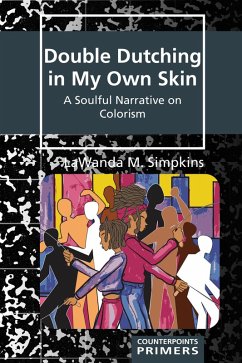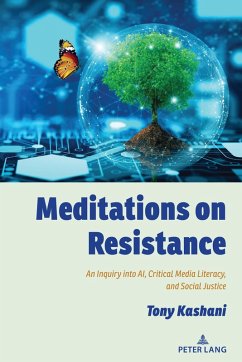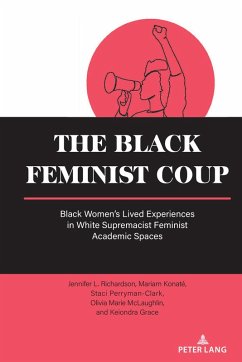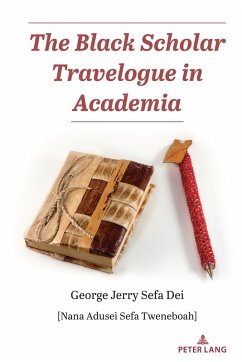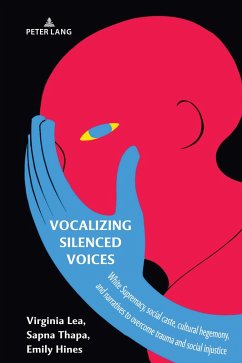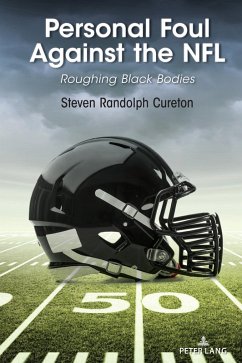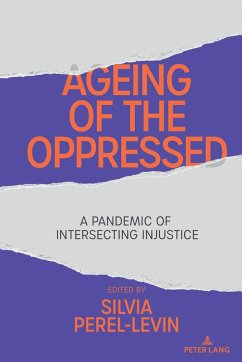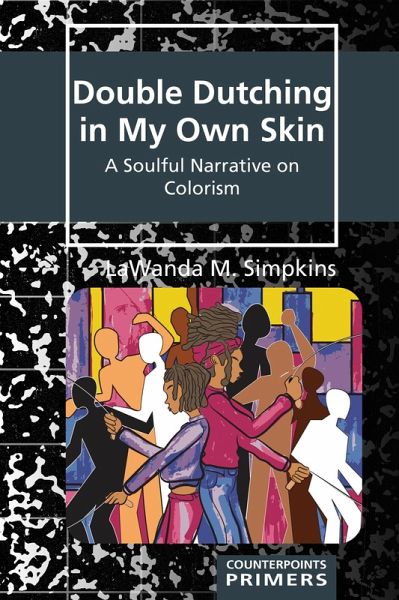
Double Dutching in My Own Skin (eBook, ePUB)
A Soulful Narrative on Colorism
Versandkostenfrei!
Sofort per Download lieferbar
Statt: 36,95 €**
30,95 €
inkl. MwSt.
**Preis der gedruckten Ausgabe (Broschiertes Buch)
Alle Infos zum eBook verschenkenWeitere Ausgaben:

PAYBACK Punkte
15 °P sammeln!
Restrictively more than most, the collective image of Black women's identities are created by others. The glamorized life of Black women with light skin and the presumed likeness to whiteness has caused division within the Black community for years. Most often written and spoken of is the victimization of darker-hued women due to their skin tone. This thoughtful book explores colorism, which is a form of internalized racism, from the perspective of a light-skinned Black woman. By examining the social construction of race through the lens of Black Feminist Thought and Critical Race Theory the a...
Restrictively more than most, the collective image of Black women's identities are created by others. The glamorized life of Black women with light skin and the presumed likeness to whiteness has caused division within the Black community for years. Most often written and spoken of is the victimization of darker-hued women due to their skin tone. This thoughtful book explores colorism, which is a form of internalized racism, from the perspective of a light-skinned Black woman. By examining the social construction of race through the lens of Black Feminist Thought and Critical Race Theory the author uncovers a different narrative of colorism.
Intimate accounts of skin tone stratification from Dr. Simpkins' own lived experience are shared as she engages in self-awareness throughout the entire book. A critical perspective of popular culture in movies offers insight into the origination of inscribed identifies of Black women. The traditional roles of Mammy, Sapphire and Jezebel are examined to further illustrate the perpetuation of colorism. The context of this work should be understood as groundbreaking to the field of colorism.
Intimate accounts of skin tone stratification from Dr. Simpkins' own lived experience are shared as she engages in self-awareness throughout the entire book. A critical perspective of popular culture in movies offers insight into the origination of inscribed identifies of Black women. The traditional roles of Mammy, Sapphire and Jezebel are examined to further illustrate the perpetuation of colorism. The context of this work should be understood as groundbreaking to the field of colorism.
Dieser Download kann aus rechtlichen Gründen nur mit Rechnungsadresse in A, D ausgeliefert werden.




